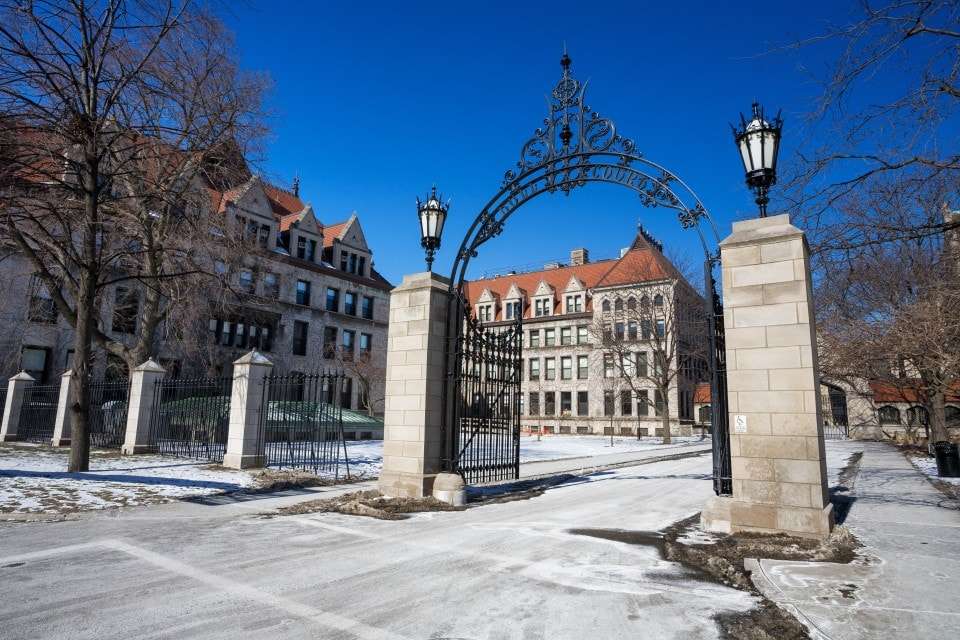The Volokh Conspiracy
Mostly law professors | Sometimes contrarian | Often libertarian | Always independent
University of Chicago tells freshmen: Don't expect 'trigger warnings,' 'safe spaces' or disinvitations of controversial speakers

I wanted to join those who are praising the University of Chicago letter to incoming freshmen:
Dear Class of 2020 Student:
Welcome and congratulations on your acceptance to the College at the University of Chicago. Earning a place in our community of scholars is no small achievement and we are delighted that you selected Chicago to continue your intellectual journey.
Once here you will discover that one of the University of Chicago's defining characteristics is our commitment to freedom of inquiry and expression. This is captured on the University's faculty report on freedom of expression. Members of our community are encouraged to speak, write, listen, challenge and learn, without fear of censorship. Civility and mutual respect are vital to all of us, and freedom of expression does not mean the freedom to harass or threaten others. You will find that we expect members of our community to be engaged in rigorous debate, discussion, and even disagreement. At times this may challenge you and even cause discomfort.
Our commitment to academic freedom means that we do not support so-called "trigger warnings," we do not cancel invited speakers because their topics might prove controversial, and we do not condone the creation of intellectual "safe spaces" where individuals can retreat from ideas and perspectives at odds with their own.
Fostering the free exchange of ideas reinforces a related University priority-building a campus that welcomes people of all backgrounds. Diversity of opinion and background is a fundamental strength of our community. The members of our community must have the freedom to espouse and explore a wide range of ideas.
I am enclosing a short monograph by Dean John W. Boyer, the Martin A. Ryerson Distinguished Service Professor in History and Dean of the College, which provides a helpful primer. This monograph, entitled Academic Freedom and the Modern University: The Experience of the University of Chicago, recounts the history of debate, and even scandal, resulting from our commitment to academic freedom.
If you are interested in some of the source material mentioned in Dean Boyer's book, you can find links to the important reports (e.g. the Kalven report, the Stone report, etc.), at the website maintained by our University Provost at http://freeexpression.uchicago.edu/.
Again, welcome to the University of Chicago. See you in September!
Nice. (As careful readers might expect, I'm not wild about the exclusion of "harass[ing]" speech from "freedom of expression," because "harass" is such a vague and broad term. While I think it's proper to restrict some repeated unwanted speech said to a particular person, as under telephone harassment laws and some application of hostile environment harassment law, "harass" has often been read more broadly, including to cover things such as wearing Confederate flag T-shirts. But to Chicago's credit, it at least defines punishable harassment relatively narrowly when it comes to speech at a university.)


Show Comments (0)